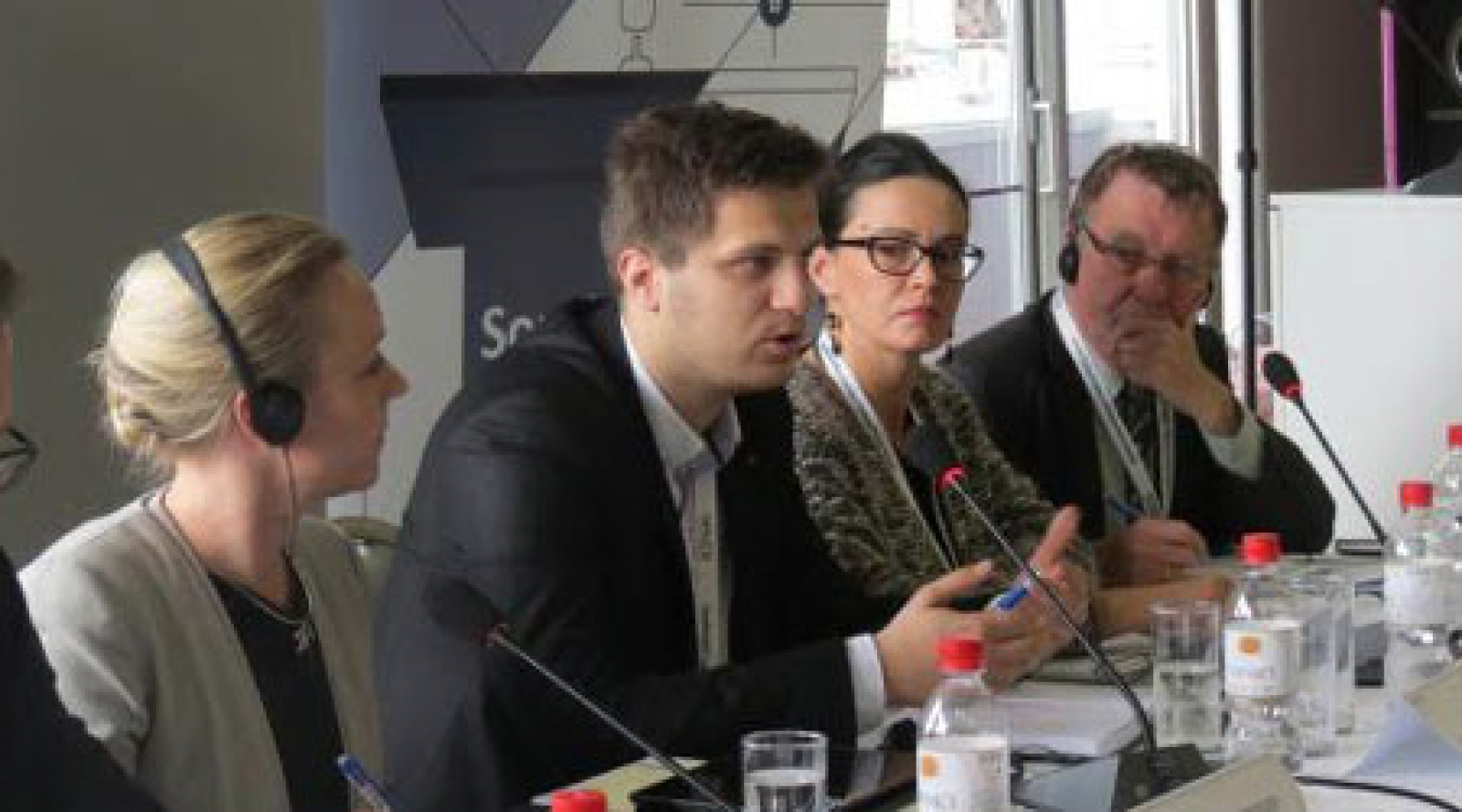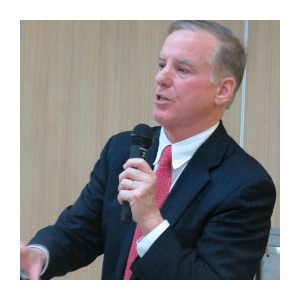
SHARE
The Balkans are experiencing a fair share of instability these days. External factors—the refugee influx, the Eurozone crisis, Russian economic and political influence, and a pre-occupied European Union—are contributing to uncertainty about political stability and the region’s prospects for joining the European Union. Domestic political conflicts, both inter-ethnic and partisan, suggest that countries in southeastern Europe have some distance to go in becoming stable democracies.
Still, progress is evident, even in these challenging environments. More people are politically active than before, especially women and youth. Politicians are engaging citizens more than in the past. Long-marginalized groups, such as persons with disabilities and the LGBTI community, are asserting their rights through politics.
NDI has supported participatory, transparent, and inclusive politics in southeastern Europe for 25 years. Political parties play critical roles in this process. In holding political leadership and exercising governmental power, political parties decide the laws, budgets, and policies that impact citizens' lives. How parties wield their power—the degree to which power is shared, transparent, and responsive—was the subject of a NDI forum in Belgrade in February 2016 comprising 30 political leaders from nine countries.
Funded by the National Endowment for Democracy (NED) as part of NDI's Southeastern European Political Party Initiative, the forum marked the first time that so many party leaders in the region--representing governing and opposition parties, as well as center-left, liberal, and center-right affiliations--gathered to discuss these important and sensitive topics.
NDI Board member and former Vermont governor Howard Dean set a reflective tone in keynote remarks. Politicians, he said, spend 90 percent of their time in office figuring out how to remain there, and 10 percent of their time seeking to accomplish what they set out to do in the first place.
Party leaders invoked Governor Dean's admonition in ensuing discussions, which also featured representatives of NDI’s liberal, conservative, and social democratic political party partners in Western Europe. In candid fashion, they laid bare concerns about their parties: how they are run, how women and others are held back from leadership positions, how civic advocates are spurned rather than engaged, how they are insufficiently constructive in parliament, in the media, and out on the campaign trail, and how they should use their power to improve public confidence in the democratic process, which has been fading for some time. Party leaders discussed strategies on communicating with the electorate. They reflected on whether or not they are sufficiently inclusive of all their various constituencies and explored how to improve inter-party relations to avoid political crises. Perhaps most important, they focused on how to build political integrity, both internally and vis-a-vis independent institutions like the judiciary.
By turns confessional and revival, the forum enabled leaders to speak about problems and solutions in a variety of areas. It sparked a number of side discussions between political opponents on how to shore up democratic rules that enable fair political competition between them. It gave NDI the opportunity to feature new and dynamic ways of engaging citizens through communication technology. Despite their political differences, party leaders left the forum with the shared reckoning of the need to meet their democratic obligations, and with collective responsibility to improve how their parties are performing.
Feedback on the forum’s substance and on its collegial and constructive tone was very positive. NDI will organize future leader gatherings on party development and political reform to help politicians lead their parties to accomplish what they are elected to do.
Published March 11, 2016



